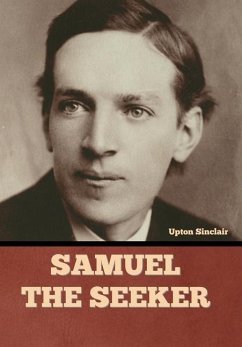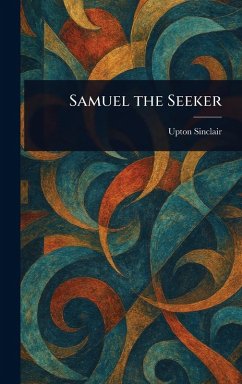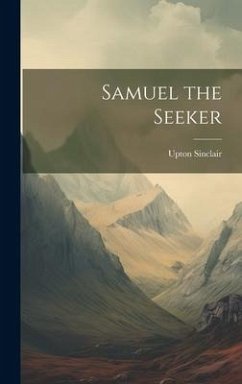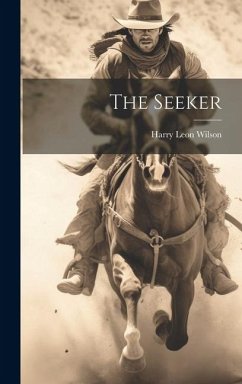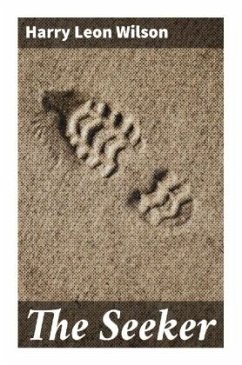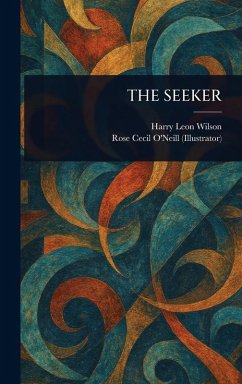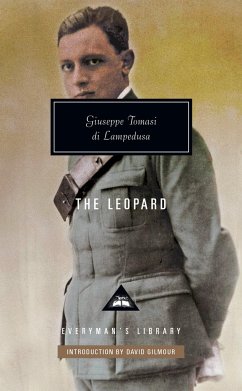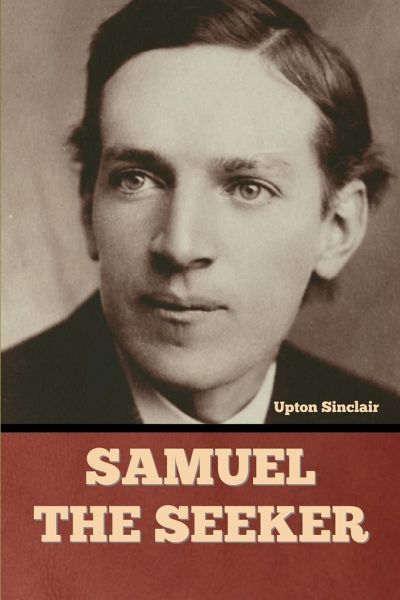
Samuel the Seeker
Versandkostenfrei!
Versandfertig in 1-2 Wochen
17,99 €
inkl. MwSt.
Weitere Ausgaben:

PAYBACK Punkte
9 °P sammeln!
Samuel the Seeker is, to put it bluntly, a pro-socialist (dare I say Communist?) morality play against the evils of Capitalism with a capital C. If this brief description already has you gritting your teeth in ideological rage, then it's safe to say you aren't going to enjoy this - or indeed, possibly any - Upton Sinclair novel. Sinclair's novel follows the journey of Samuel Prescott, an idealistic young farm boy who strikes out on his own to strike it rich when his father dies shortly after losing all of his savings in a bad stock market investment. What would typically be a rags-to-riches st...
Samuel the Seeker is, to put it bluntly, a pro-socialist (dare I say Communist?) morality play against the evils of Capitalism with a capital C. If this brief description already has you gritting your teeth in ideological rage, then it's safe to say you aren't going to enjoy this - or indeed, possibly any - Upton Sinclair novel. Sinclair's novel follows the journey of Samuel Prescott, an idealistic young farm boy who strikes out on his own to strike it rich when his father dies shortly after losing all of his savings in a bad stock market investment. What would typically be a rags-to-riches story becomes a rags-to-rags exercise in futility, as Samuel is confronted with every form of social injustice and societal ill that you can imagine. Upton introduces Samuel to the reader as a virtual blank slate with little more than farming and bible verses to inform his world view. Through the novel, Samuel eagerly adopts every world philosophy introduced to him, only to watch every ideology he accepts under the weight of his experiences when taken to their logical conclusion. ... (S. Wilson)




